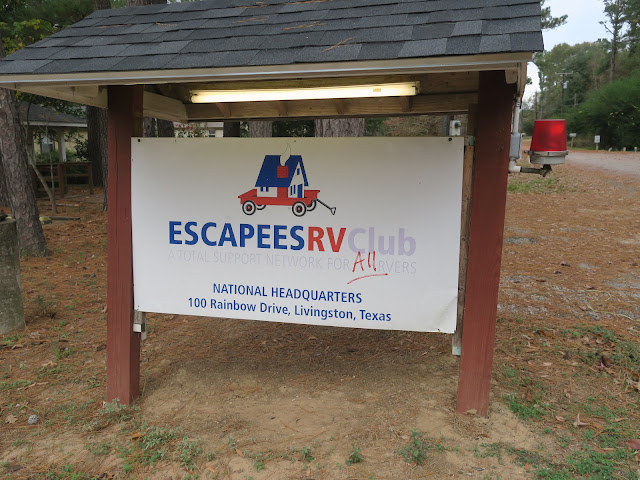Gathering for sunset, Grand Canyon. September 2007. Credit: Mzuriana.
A term new to me: Environmental gerontology
From Cappella Living:
Human beings, no matter what their age, have a basic need to belong and to be part of something (Maslow 1943). Unfortunately, as people age, many find their opportunities for social engagement dwindle. Their support systems get smaller as friends and neighbors pass away or move, or as they begin to experience physical or cognitive challenges that limit their ability to be engaged with the outside community. Put simply, our worlds often begin to shrink as we age. ...
.... simply being in proximity to other people does not guarantee social engagement.
A drier definition from Environmental Gerontology in Aging in Place:
Environmental gerontology is a specialization within gerontology that seeks an understanding and interventions to optimize the relationship between aging persons and their physical and social environments. The field emerged in the 1930s during the first studies on behavioral and social gerontology.
 |
| Escapees in Livingston, Texas. November 2019. Credit: Mzuriana |
A positive role model
Livingston, Texas, is the headquarters for the Escapees RV Club, an organization devoted to people who travel in RVs (or other mobile "lodging").
The property hosts a large RV campground.
It is also the home of the affiliated Escapees Care Residency Program . Members of the CARE residency program are people who used to travel full-time in their RVs, but who "can no longer take care of their own or their spouse's needs following an illness, injury, surgery, or the progression of a long-term health situation." Most of the CARE residents are older.
CARE seems to exemplify the principles of environmental gerontology. CARE's purpose:
"CARE is a place where you will receive professional help for the things you may no longer be able to do. It is not a nursing home. Its goal is to delay or eliminate the need for a nursing home by providing daily meals, scheduling medical appointments and providing transportation to appointments, providing on-duty nurses, secure day rooms, and a comfortable social atmosphere."
The CARE residents live in their RVs in close proximity to a community center on the property.
It's at this community center where the environmental gerontology principles shine.
- The Livingston property hosts hundreds of RVers all year, and these RVers - some new, some regular visitors - intermingle with the CARE residents at the community center.
- The traveling RVers can buy meals at the dining room; the travelers sit at the same round tables as the CARE residents. On Saturday mornings, it's also common for folks from the "rooted" Livingston community to come to the dining room to buy breakfast. This is because the Saturday morning breakfast enjoys some renown for its menu items and tastiness.
- The traveling RVers join in regular music jams with the CARE residents.
- The traveling RVers hang out in the community center's "living room" and library with the CARE residents.
- It's all very organic and seamless.
- The CARE residents see fresh faces almost every day, fresh conversations, fresh stimulations.
There's nothing contrived or patronizing about the inter-mingling, either. By that, I mean that the travelers did not make a decision to "spend time with the older people" as an act of service.
Universal design
When I think of environmental gerontology, I also think of universal design.
I love the term "universal design."
It's what might have been associated in the past solely with access for those with disabilities.
But universal design benefits all of us, irrespective of age and abilities. It's as good for parents with tots in strollers as it is for people in wheelchairs, people behind walkers, or people who need balance assists such as grab bars along walls or in shower stalls.
My own dream of environmental gerontology
For me, I envision a future residence that is within walking distance (or, later, short-distance Uber/Lyft/public transportation) to a grocery store, library, coffee shop, park, cultural venues.
There is also diversity that surrounds me in:
- Age
- Complexion
- Language
- World views
- Socio-economic status
- Gender
- Cultural and physical pursuits

No comments:
Post a Comment